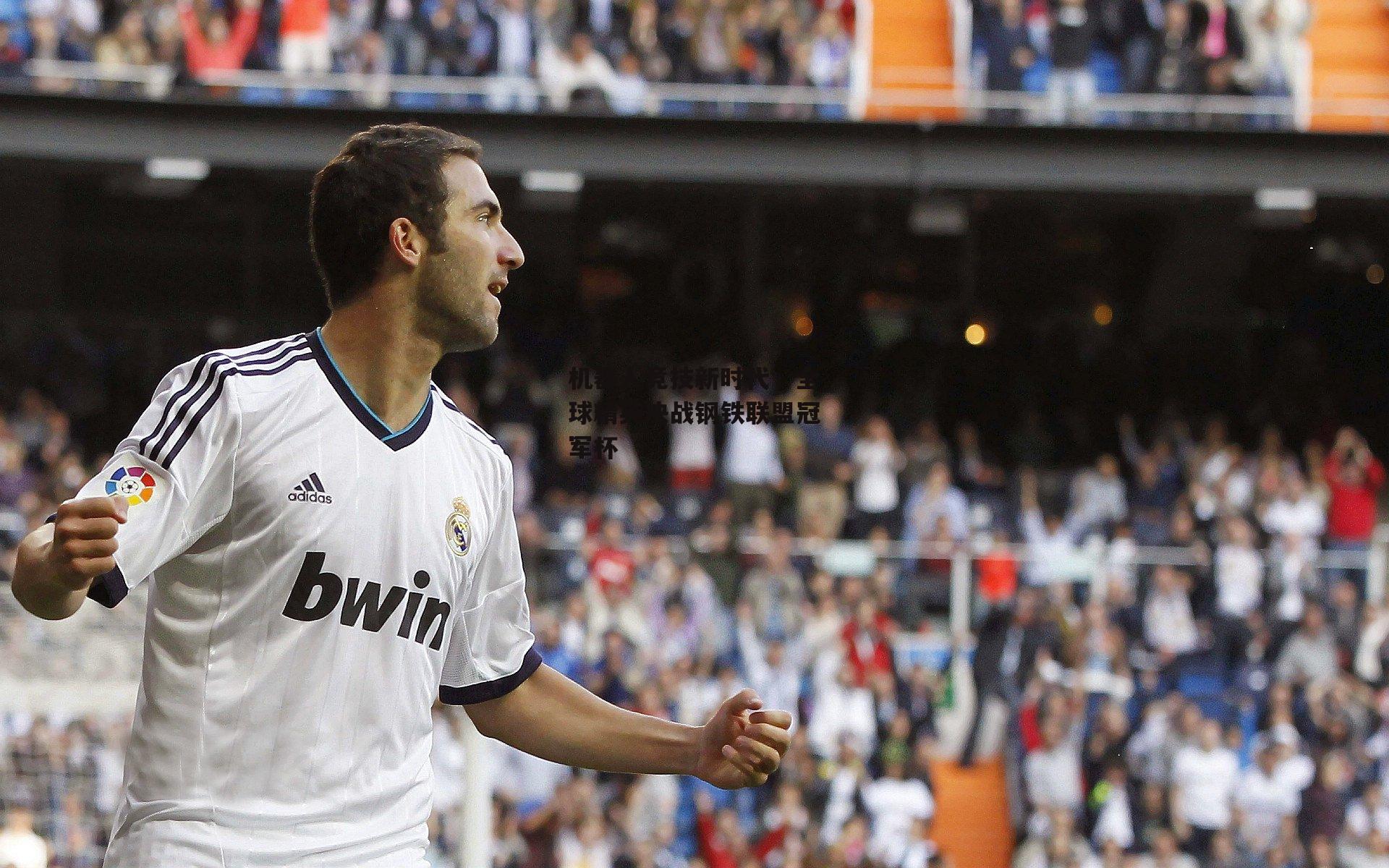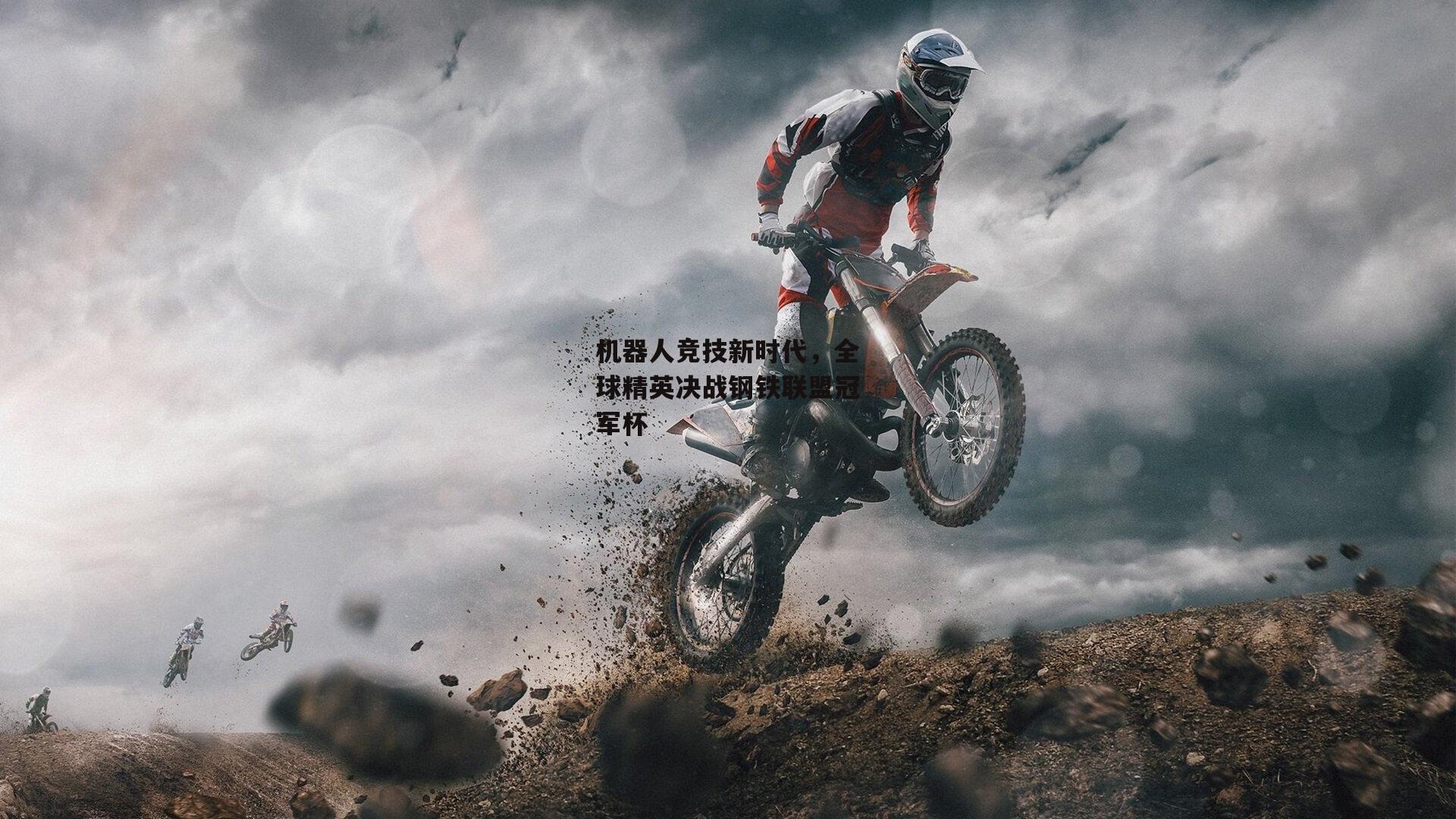在科技与体育的交汇点上,一场无声的革命正在悄然改变我们对竞技的认知,本周,于新加坡滨海湾金沙展览中心举行的“钢铁联盟”全球机器人冠军杯赛落下帷幕,来自德国的“泰坦之力”团队以压倒性优势摘得桂冠,击败了来自美国、日本和中国的强劲对手,这场为期三天的赛事不仅展示了机器人技术的飞速进步,更将体育竞技的边界推向了一个全新的维度——没有血肉之躯的汗水,却充满了金属碰撞的激情与算法智慧的较量。
机器人竞赛,作为一项新兴的体育形式,早已超越了传统意义上的“游戏”,它融合了工程学、计算机科学和战略设计,要求团队在高压环境下操控自主或半自主的机器人完成复杂任务,如障碍穿越、目标击打和协同作战,本届“钢铁联盟”杯以“城市救援”为主题,模拟地震灾后场景,要求机器人在规定时间内执行搜救、运输和结构稳定任务,评分标准基于效率、精准度和创新性,吸引了全球超过200支队伍参赛,最终32强进入决赛圈,德国团队凭借其机器人的敏捷性和AI决策系统的优越性,以总分98.7的成绩夺冠,美国“硅谷先锋”队和日本“樱花机甲”队分获亚军和季军。

这场竞赛的亮点在于其技术深度与体育精神的完美结合,德国“泰坦之力”的机器人采用了先进的神经网络算法,能在混乱环境中实时调整路径,其机械臂的抓取精度达到毫米级杏彩体育app,队长Dr. Lena Schmidt在赛后采访中表示:“这不仅是技术的胜利,更是团队协作的体现,我们花了数月时间调试代码和硬件,就像传统运动员训练肌肉记忆一样。”相比之下,美国队的机器人强调速度,但在一次运输任务中因传感器故障而失误;日本队则以优雅的设计著称,却因能源管理不足在决赛中落后,这些挫折与 triumphs echoing the drama of human sports, where grit and adaptation define success.
观众席上,气氛热烈如任何一场足球决赛。 families, tech enthusiasts, and corporate scouts filled the stands, cheering for their favorites. The event was broadcast live to over 50 countries, with commentators analyzing moves like seasoned sports pundits. "It's not just about winning; it's about pushing the limits of what machines can do," said a spectator from India, who traveled specifically for the event. The emotional resonance was palpable—when a underdog team from Brazil managed a last-minute repair to complete a task, the crowd erupted in applause, reminiscent of a last-second goal in a World Cup match.
Beyond the spectacle, robot competitions are gaining traction as a legitimate sport. International federations are lobbying for inclusion in events like the Asian Games or even the Olympics, arguing that it promotes STEM education and global cooperation. Critics, however, question its physicality, but proponents counter that mental endurance and strategic planning are equally taxing. "This is the future of sport," asserted Dr. James Wong, an event organizer. "It democratizes competition—anyone with a brilliant mind can participate, regardless of physical limitations."
The economic impact is also significant. Sponsorships from tech giants like Bosch and Toyota poured in, while local businesses in Singapore saw a boost in tourism. For participants, the stakes are high: winning teams often secure patents or job offers, turning hobbyists into professionals.
As the curtain fell on the championship, the medaling ceremony featured not national anthems but the humming of servers and the glow of screens—a poignant symbol of a new era. The German team hoisted the trophy, a sleek metallic cup designed to resemble a gear, as confetti rained down. In the background, robots stood idle, their work done for now, but the promise of next year's competition already buzzing in the air.

This event underscores a broader shift in how we define athleticism. No longer confined to tracks and fields, sport now embraces the digital realm, where innovation is the ultimate medal. The "Iron Alliance" cup may have ended, but the journey toward mainstream acceptance has just begun. As teams disband to reconvene in workshops and labs worldwide, one thing is clear: robot competitions are here to stay, forging a legacy where metal and mind unite in the pursuit of excellence.

